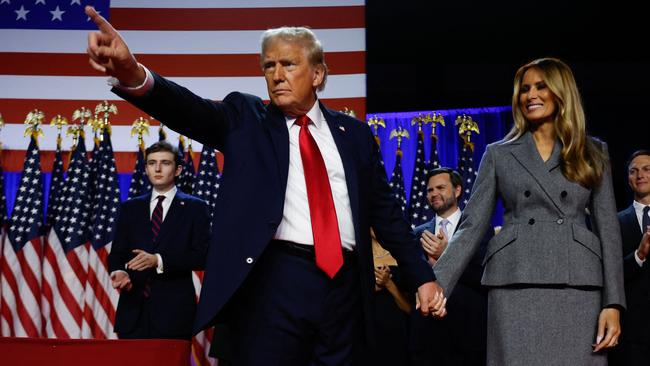
The Age of Trump, how these years will be remembered when we are all dead, speaks to the unique attributes of the man himself. There is no analog in modern American history for a re-elected former president. Only one man has pulled this off: Grover Cleveland in 1892.
Facing every conceivable political and legal obstacle – lawfare, waged by Democrats, combined both – Trump has not only won the Electoral College but the popular vote as well. He may well have a majority in both houses of congress.
No candidate has been more vilified. No candidate has such a history possibly demanding vilification. And yet he passed the most demanding examination of a candidate’s credentials of any in the free world; no democracy on earth tests the survival skills of a candidate more than America’s. And Trump passed it. He even survived two attempts on his life.
In doing so, Trump changed the orientation of the Grand Old Party. No man since Lincoln, who created the GOP, has had such a such a profound impact on his party. He took a failing Republican Party and made it the voice of the working class, of people of colour, of those left behind by globalisation. He increased his support among all these groups on Tuesday (Wednesday AEDT).
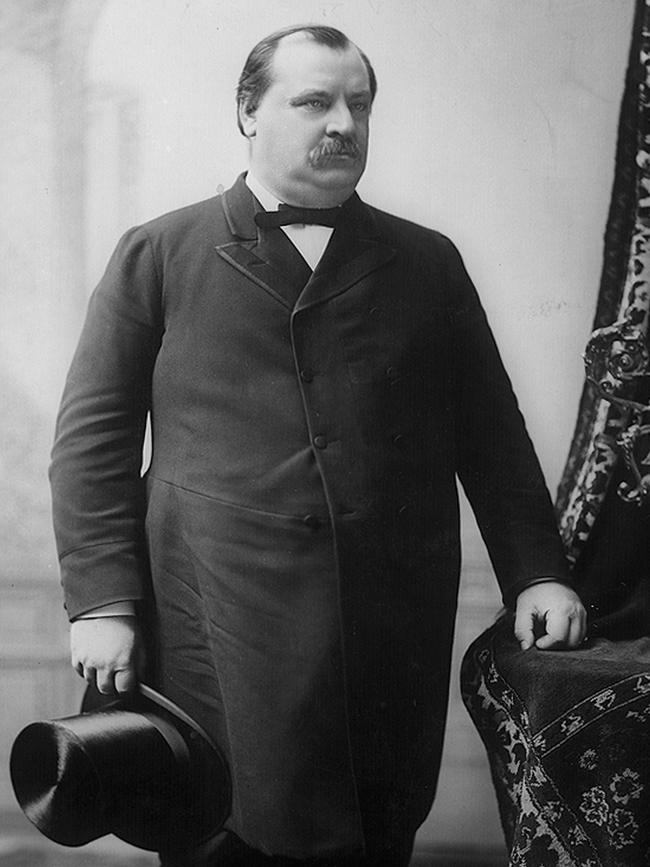
But what does this mean for the conservative movement? Will it fracture as soon as Trump leaves the stage? Will losing their man lose them their longer campaign. Possibly. Let me suggest some reasons to be cheerful.
Hard not to start with vice-president elect JD Vance. He is evidence of a longer and deeper Trump legacy than seemed possible just a few short months ago.
JD Vance was at first a risky choice, of over-confidence and overreach. He alienated some centrist female voters (and all the left-wing ones). He had a beard. He was young (only 40). However, his elevation by Trump, and the electorate’s validation of it, speaks to an institutional revolution that will frame US politics for a generation.
Many in the MAGA movement have been content to shout abuse at the deep state, hoping Trump will be the one to challenge it. Vance represents the opportunity to play a much longer game.
If the left has marched through the institutions – of government, of schools, of universities – Vance understands that conservatives must march back.
There is now a technocrat at Trump’s side. Vance is a man who understands that protest is not enough. His alliances are with tech billionaires, with men and women who know how to get things done. He professes a brand of conservatism that takes governance seriously. If Trump didn’t and doesn’t, Vance does and likely will.
This shift toward a conservatism that understands the imperative of competent administration is significant. It suggests Trump 2.0, if it can abandon the nonsense around an enemies list, will seek cultural change not by angry tweeting, but by staffing American institutions with technocratic, commonsense conservatives.
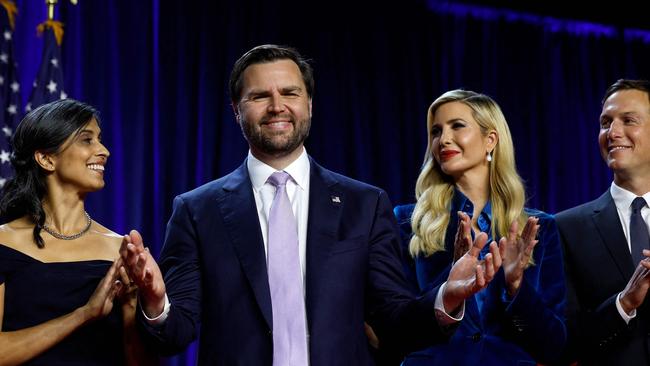
Tim Walz made the installation of tampon machines in the boys’ bathrooms of Minnesota public schools a priority. He did this while more Americans were dying from fentanyl addiction each year than died in the 10 years of the Vietnam War.
The culture war, of which this is a part, is better fought not by a conservative transphobia. Rather, the right need to reprioritise the institutional response to the greater emergency: the deaths of despair, the suicide crisis, that has gripped the United States for too long without a co-ordinated government response.
Technocratic conservatism could be that response.
Ditto the universities.
If they are dominated by the left, the right needs to fight their way back in. Vance, a Yale graduate, gets this. Giving up on the intellectual engines of the West is a counsel of despair. If peak woke is a thing – and Trump’s victory suggests it might be – a new generation of conservative thinkers has an opportunity to recalibrate the ideological complexion of the American campus.
This bodes well for Australian universities too.
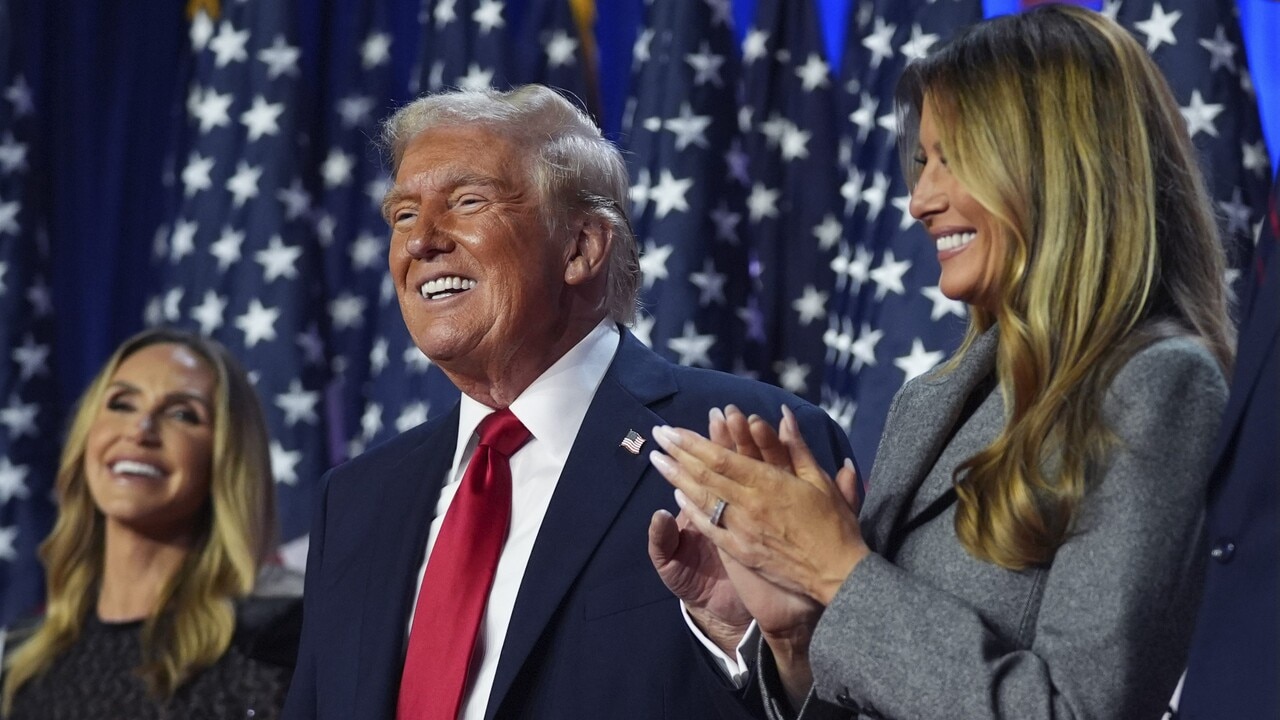
We eventually imbibe every fad and fashion from the United States. A conservative renaissance on the American campus would help heal much of what ails our own, from safe spaces to ideological uniformity.
Again, this is a generational project, but one that Vance takes seriously.
Conservatives will not move in lock-step. There is already a tactical divide between the Heritage Foundation (more free trade) and American Compass (less free trade). But their strategy has a common goal: to make Republicanism more than an interlude between periods of Democratic ascendancy.
Until this year’s election day in the US, with only one exception (George W. Bush in 2004), no Republican presidential candidate, since the end of the cold war, has won a plurality of the popular vote.
The building of a genuinely poplar conservatism is the first great task of its emerging leaders. Trump in his 70s began this, but men and women in their 30s and 40s will now continue it.
Trump the man has won a remarkable victory this week. But the movement he has started will be redefining American government and the culture of the US – and of the wider West – for decades to come. We are all now part of the Age of Trump.
Timothy J. Lynch is professor of American politics at the University of Melbourne


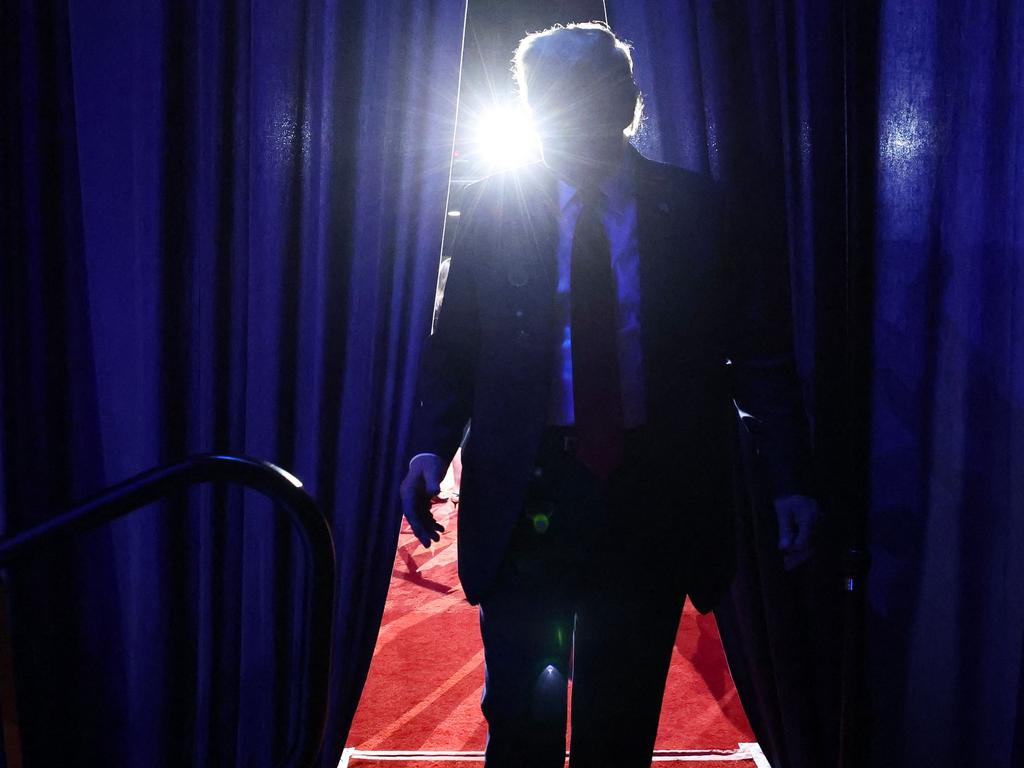
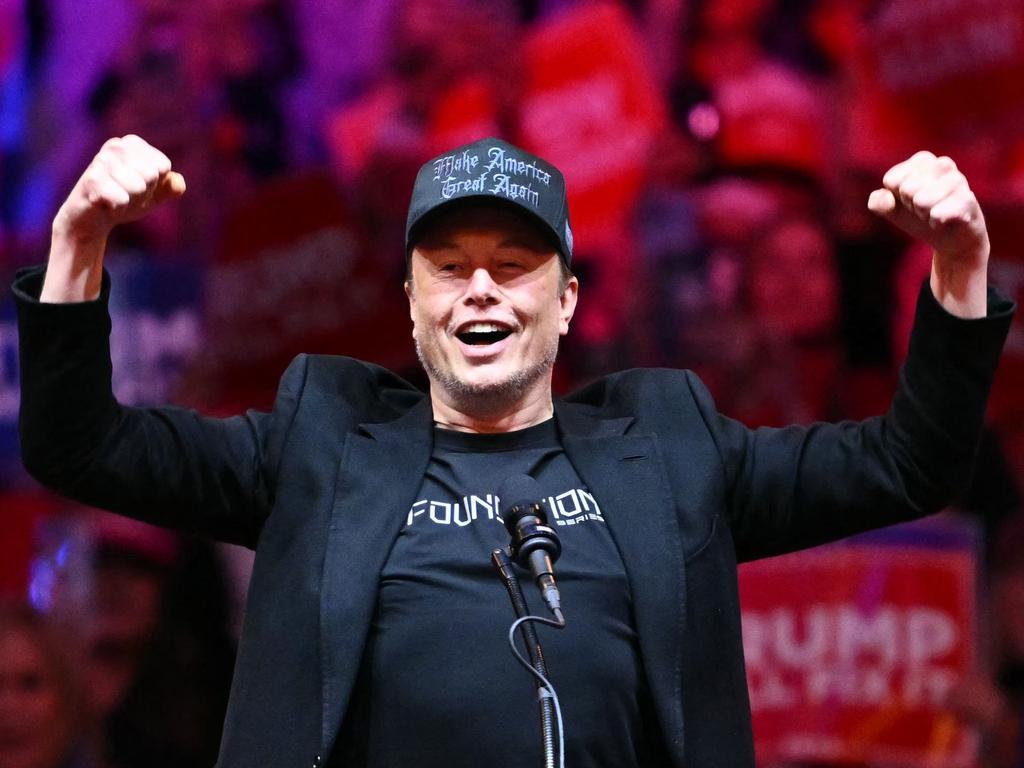



Amid the remarkable scenes accompanying Donald Trump’s victory, lubricated by not a few progressive tears, we should pause to consider how he has remade conservative prospects. Was his success that of a man or of a movement? He will be a lame duck on day one. What comes next?